According to the International Association for Suicide Prevention, someone in the world dies by suicide every 40 seconds. That’s a staggering 703,000 lives lost each year—many of which might have been prevented if the warning signs had been recognized early.
Red Flags That Suggest Your Loved One Has Suicidal Thoughts
These are the more recognizable signs that someone may be in emotional crisis. It’s important not to dismiss them as “just a phase” or “attention-seeking.” Every warning sign is a doorway to deeper understanding—and potentially, a life saved.
Talking About Being a Burden
This might sound like:
- “I just make things harder for everyone.”
- “You’d be better off without me.”
- “I always mess things up.”
These statements are often brushed off as insecurity, but they may be cries for help.
Talking About Death or Dying
This can sound like:
- “I just want it all to stop.”
- “I wish I were gone.”
- “What’s the point of life anymore?”
- “If I died today, nobody would even miss me.”
These aren’t just expressions of sadness. They’re red flags. Never assume someone is “just joking” or being sarcastic.
Withdrawing From Others
People in distress often isolate themselves. This is not because they don’t care, but because they feel they’re a burden or are emotionally exhausted. Withdrawal is the mind’s way of shutting down when everything feels too overwhelming.
Your loved one might start:
- Canceling plans frequently
- Avoiding calls or texts
- Spending long hours alone, even in a shared home
Changes in Mood
Intense sadness, unexplained irritability, or emotional outbursts can all be signs of a crisis. But what’s especially alarming is when someone who has been deeply depressed suddenly becomes calm, cheerful, or “at peace.” This can seem like an improvement, but it can also signal that a decision has been made.
Pay attention to:
- A sudden emotional “shift” after a long period of struggle
- Increased tearfulness or emotional numbness
- Anger or agitation with no clear trigger
Risky Behavior
This goes beyond thrill-seeking or an impulsive personality. These actions can signal that someone is no longer concerned about their own safety because they’re actively thinking about ending their life. Examples can include:
- Driving dangerously fast or without seatbelts
- Cutting, burning, or other forms of self-harm
- Taking on dangerous dares or intentionally putting oneself in harm’s way
Persistent Boredom or Apathy
This shows up as an inability to feel joy during hobbies or activities they once loved and a disinterest in the future, personal growth, or relationships. It’s more than laziness—it’s emotional numbness. And it can be just as dangerous as hopelessness.
Physical Complaints Without a Clear Cause
The mind and body are deeply connected. Depression and anxiety often manifest physically through:
- Chronic fatigue
- Digestive issues
- Back pain or unexplained aches
- Frequent headaches or migraines
These aren’t made up. They’re real and valid symptoms of emotional suffering. If someone is always unwell without a medical explanation, check in on how they’re feeling emotionally.
Increased Use of Alcohol or Drugs
Substance use often masks emotional pain. Red flags include:
- Drinking or using drugs alone
- Needing substances to sleep, calm down, or “feel okay”
- Increased tolerance or frequency of use
- Combining drugs in risky ways
Addiction and suicide are closely linked—especially if someone has recently relapsed or lost access to recovery support.
Sudden Improvements in Appearance or Hygiene
Ironically, a sudden glow-up after months of neglect can be dangerous. It might seem like a sign of recovery, but in some cases, it’s a signal of finality:
- Getting a fresh haircut or new outfit “for no reason”
- Meticulously cleaning their space or themselves after a long period of low energy
- Seeming unusually upbeat or radiant despite recent struggles
Sometimes, this change reflects an internal decision to end one’s life and “leave things tidy.”
Giving Away Belongings
It’s common for people with plans for self-harm to want loved ones to have their prized possessions as a way to keep their memory alive. Especially concerning is when someone gives away possessions that hold deep sentimental value, such as family photos, handmade crafts, or souvenirs from special events in the past.
Subtle Goodbyes
These may be part of a planned farewell. They might include:
- Sending an old friend a heartfelt message “just because”
- Posting nostalgic photos or long reflections online
- Suddenly reconnecting with distant relatives
Getting Their Affairs in Order
This may include:
- Creating or updating a will
- Writing out passwords or leaving instructions for loved ones
- Suddenly becoming interested in life insurance or bank accounts
If someone is unusually focused on these tasks and they’re not terminally ill or elderly, it may be part of a larger plan to end their life.
What You Can Do to Support Your Loved One Who Is Struggling With Suicidal Thoughts
When someone you care about is struggling, your presence can be powerful.
- Don’t be afraid to start the conversation. Ask gently but directly: “Are you thinking about hurting yourself?” Talking about suicide does not cause it—it opens the door to support.
- Listen with empathy. You don’t need to fix everything. Just be there. Say, “You’re not alone. I care about you.”
- Avoid downplaying the situation. Comments like “just cheer up” or “others have it worse” shut down the chance to connect. Acknowledge their pain instead.
- Help them connect with care. Offer to call a therapist with them, drive them to an appointment, or find a local support group together.
At Eagle View Behavioral Health in Bettendorf, Iowa, we offer evidence-based, compassionate care for teens and adults facing mental health challenges, including suicidal thoughts. Free, confidential assessments are available 24/7.






